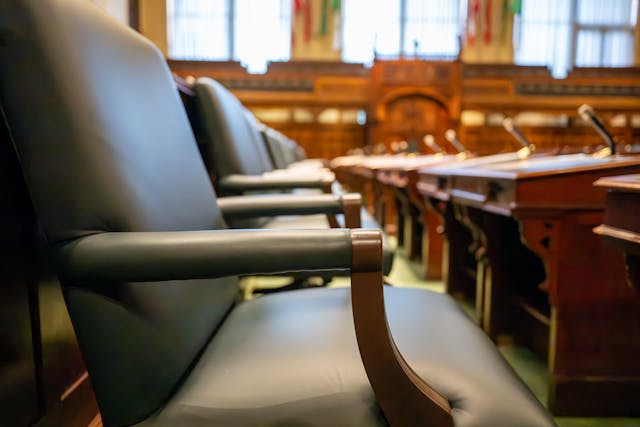After a crash, you may wonder whether it’s really necessary to file a police report. The answer is simple—yes, it is. Understanding why file a police report after a car accident is crucial can save you from headaches later. Even if the accident seems minor, a report creates an official record that can protect you legally, financially, and medically.
Why Filing a Police Report Matters
Accidents can be chaotic. People may be emotional, confused, or even uncooperative at the scene. A police report provides clarity and a reliable, unbiased account of what happened. Insurance companies, courts, and even medical providers may rely on this record to make important decisions.
Here are five powerful reasons why file a police report after a car accident is always the smart move.
1. Establishes an Official Record
One of the biggest reasons why file a police report after a car accident is important is that it creates an official document. Without it, the accident becomes a matter of conflicting stories. An official record from law enforcement adds credibility and can help resolve disputes quickly.
2. Protects Your Insurance Claim
Insurance companies often require a police report before processing claims. Without one, they may deny your request or offer a reduced payout. By filing a report, you ensure that your insurance company has the facts it needs to cover damages or injuries. This step becomes especially vital when understanding the elements of a personal injury case.
3. Supports Legal Action if Necessary
If you later need to pursue a personal injury claim, a police report serves as vital evidence. It contains details about the scene, witnesses, and statements made at the time of the crash. Having this record strengthens your case and helps establish liability.
4. Helps Identify Hidden Injuries and Damages
Some injuries or damages aren’t obvious right away. You might feel fine at the scene but later discover pain or vehicle issues. A police report documents the incident immediately, connecting any delayed injuries or damage to the accident. This can be critical when pursuing compensation later.
5. Shields You from False Claims
Unfortunately, not everyone is honest after an accident. Without an official record, another driver might later claim the accident was your fault or exaggerate damages. Filing a police report helps protect you from false accusations and ensures the facts are clear.
Frequently Asked Questions About Police Reports
Do I have to file a police report for every accident?
Laws vary by state, but it’s always wise to file one. In many states, it’s legally required if injuries or significant property damage are involved.
Can I still file a police report after leaving the scene?
Yes, you may still file one later, but it’s best to do so immediately to capture accurate details.
Will filing a police report delay my insurance claim?
No, it actually speeds up the process since insurance companies need the report to assess fault and damages.
What happens if the other driver asks me not to call the police?
Never agree to that. Protect yourself by filing a report, no matter what the other driver suggests.
Can a police report help in minor accidents?
Absolutely. Even in small fender-benders, a police report can prevent disputes and protect you legally.
Final Thoughts
If you’re questioning why file a police report after a car accident, the answer is clear—it’s one of the most important steps you can take. From protecting your insurance claim to preventing false accusations, this simple action can save you from major problems later.
If your accident involved injuries, consider speaking with a trusted personal injury attorney. Having professional guidance ensures your rights are protected and helps you pursue the compensation you deserve.
